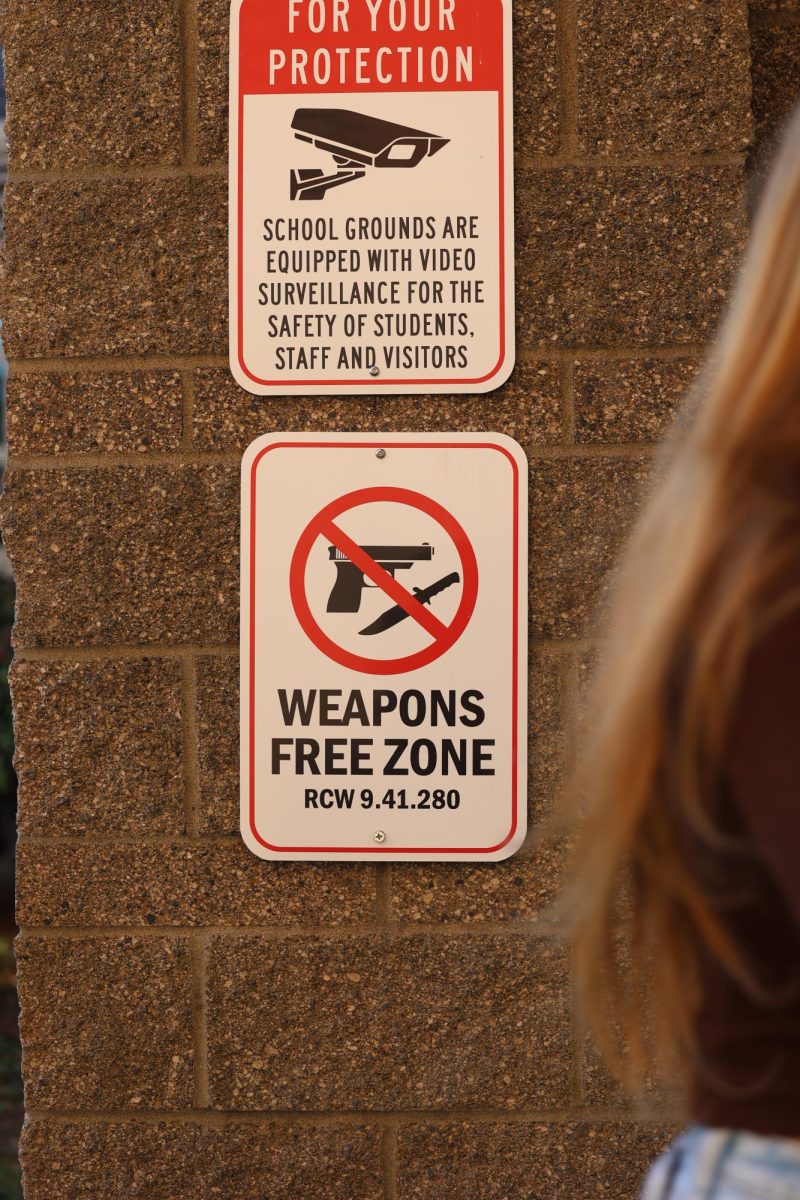Overview
OLYMPIA, Wash. – The Washington State’s Legislative session began on Jan. 13th and is scheduled to adjourn on Apr. 27th, spanning 105 days. This session marks the beginning of the state’s biennial legislative cycle, during which lawmakers will deliberate on various issues and formulate the state budget for the next two years.
“Laws are made in Washington state by a bill first being introduced by a legislator in either the state House or Senate, then there is a discussion held, its voted on, and if it passes it moves to the other house. If it also passes at that house, it’s presented to the governor who can either veto it or approve it, making it law,” Associate Student Body (ASB) Treasurer and Advanced Placement (AP) United States Government student Carina Mazzola said.
With the session underway, students across the state have several opportunities to participate; they can contact their legislators through email, call or sending physical letters to express their opinion on specific bills or issues or testify on bills as students can attend committee meetings in person or virtually.
“It’s important to understand how laws are made because we live in a participatory democracy, but in order for everyone to truly be able to participate they need to understand the system they are participating in,” Mazzola said. “Its important for people to know the system so they have the ability to run for office, fight for bills to be passed, or know who to put pressure on to get a bill passed.”
Technology
House Bill 1122 (HB 1122): This bill would limit mobile device use in classrooms to reduce distractions and help with mental health. It requires the Washington State School Directors’ Association to set rules for phone use in schools.
“Banning phones in classrooms is unrealistic and would actually cause more of a distraction when kids are trying to break the rules or find workarounds,” junior Ruby James Madden said. “Schools need to find a way that people can still get work done while also using all the resources around us. Limiting all technology including computers is shown to be beneficial for learning but I don’t think that will happen so limiting phone use seems unlikely.”
Mental Health and Special Education
Senate Bill 5126 (SB 5126): This bill aims to improve access to mental and behavioral health resources for students across Washington.
“Bills like this are definitely important for supporting students who need to seek mental health resources at school,” psychology club president Charlie Stockton said. “The political and social climate right now is having an impact on people’s general mental health, and its good that the senate is looking to support teenagers through that.”
Nutrition
Senate Bill 5352 (SB 5352): This bill seeks to expand the free school lunch program to ensure that all public school students have access to nutritious meals, regardless of their family income.
Safety & Security
Senate Bill 5003 (SB 5003): This bill would create a grant program to improve school security, and it would help schools fund safety measures like upgrading entryways and installing security cameras.
Senate Bill 5004 (SB 5004): This bill would improve emergency response systems in schools by adding panic buttons and alert systems so that teachers and staff can quickly notify emergency responders during critical situations.
“I have been lucky to have had a very safe school experience my entire life, but I know many others, especially friends I have at Ingraham, that haven’t,” Mazzola said. “I think it’s important for schools, especially schools closer to downtown and larger city areas, to work on and improve the security measures in their buildings. I think possibly things like metal detectors or quick and effective emergency alert systems could be a start at a solution.”





















